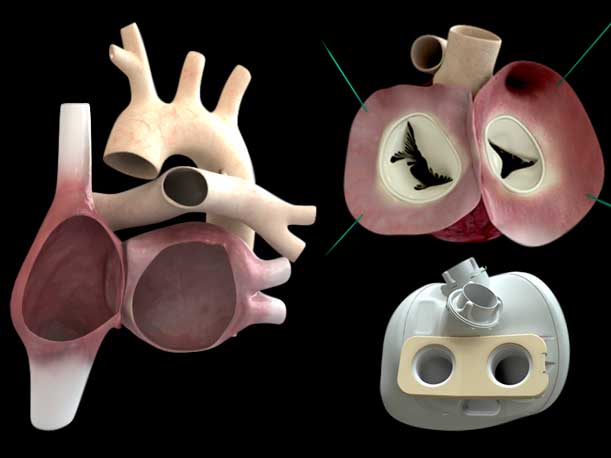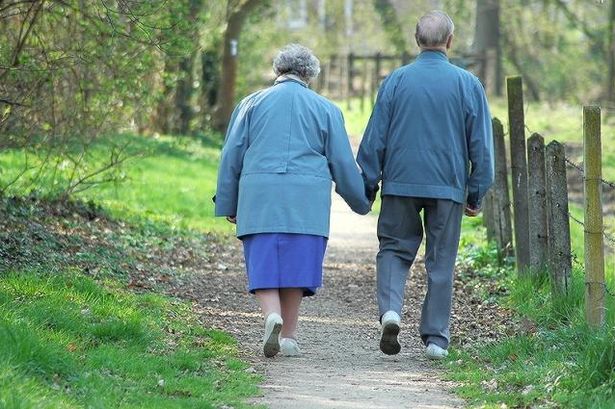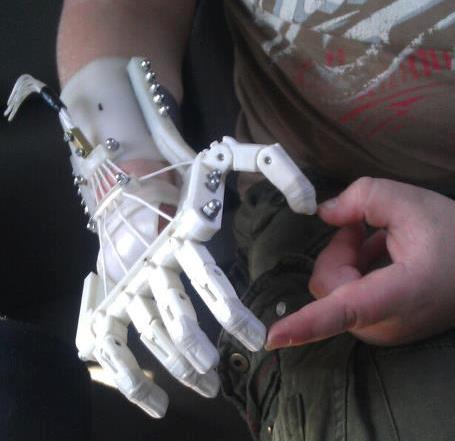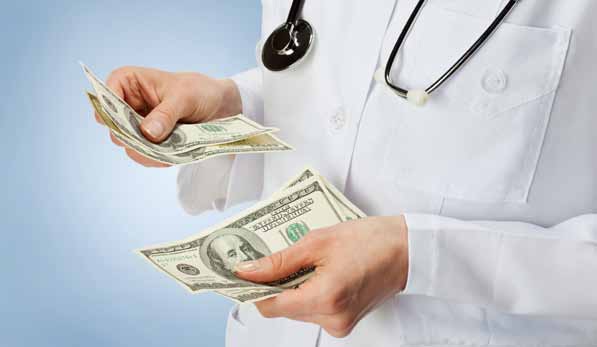A year old story that’s worth revisiting:
The so-called bodega clinicas that line the streets of Los Angeles’ immigrant neighborhoods blend into a dense forest of commerce. Wedged between money order kiosks and pawn shops, these storefront doctors’ offices treat ailments for cash: a doctor’s visit is $20 to $40, a podiatry exam is $120 and at one bustling clinica, a colonoscopy is advertised on an erasable white board for $700.
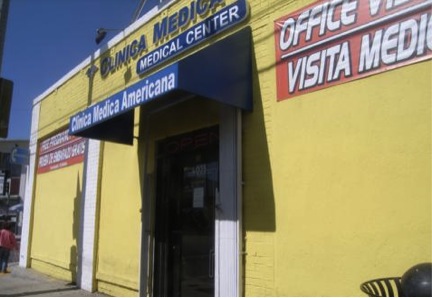 County health officials describe the clinicas as a parallel health care system, servicing a vast number of uninsured Latino residents, yet the officials say they have little understanding of who owns and operates them, how they are regulated and the quality of the medical care they provide…
County health officials describe the clinicas as a parallel health care system, servicing a vast number of uninsured Latino residents, yet the officials say they have little understanding of who owns and operates them, how they are regulated and the quality of the medical care they provide…
Visits to more than two dozen clinicas in South Los Angeles and the San Fernando Valley found Latino women in brightly colored nurses scrubs handing out cards and coupons that promise everything from pregnancy tests to tubal ligations. Others advertise evening and weekend hours, and, some 24-hour a day operations trumpet that they are “nunca cerramos” — never closed. That all-hours access — and up-front pricing — is critical, Latino health experts say, to a population that often works low-wage, around-the-clock jobs.
Also important, officials say, is that new immigrants from Mexico and Central America are more accustomed to a corner clinica, which is common in their home countries, than to the sprawling medical complexes or large community health centers found in the United States. And they can get the kind of medical treatments — including injections of hypertension drugs, vitamin solutions delivered intravenously and liberally dispensed antibiotics — that are frowned upon in traditional American medicine. (KHN/NYT)
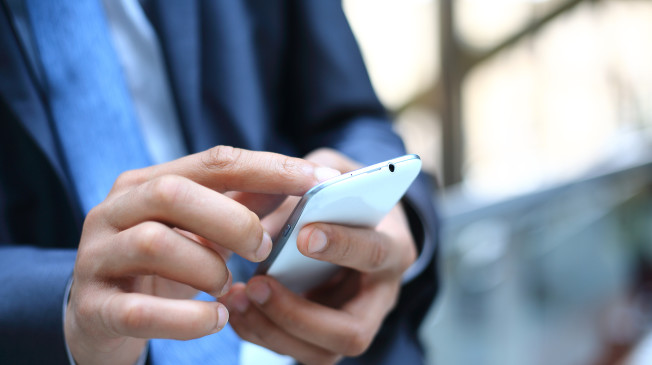 he NSA collects 200 million text messages a day.
he NSA collects 200 million text messages a day.
